If you are looking for a natural anxiety remedy, spending time outside in nature could provide the answer you’ve been searching for.
In May 2021, the theme for the annual Mental Health Awareness Week is nature, and encourages us all to celebrate the powerful mental health benefits of spending more time in the natural world.
Organised by the Mental Health Foundation, for Mental Health Week 2021, we’re all being encouraged to do three things:
- To experience nature and grow our connection with nature
- To share nature and inspire others by sharing photos, videos or even sound recordings of nature
- To talk about nature and encourage others to find new ways to connect with nature
What is ‘Ecotherapy’?
Ecotherapy is a formal type of therapeutic treatment.
It focuses on improving mental health by spending time in nature and involves regular, structured time spent outdoors doing activities ranging from gardening to hiking to foraging.
Ecotherapy is based on the idea that all of us have a deep connection to earth and the natural world.
The benefits of ecotherapy
Whether as part of a formal ecotherapy treatment or just as part of our everyday lives, spending time outdoors is known to promote calm and relaxation and can help relieve mild depression.
The benefits of formal or informal ecotherapy for our mental and physical health are significant, as spending time connecting with nature can:
- Improve our mood
- Reduce stress and anger
- Help us relax
- Help us meet new people
- Help us be more active
- Boost confidence
- Improve our physical health
- Provide a source of peer support
The history of ecotherapy
Ecotherapy and the related field of ecopsychology are emerging disciplines.
However, for centuries, people have appreciated the healing qualities of nature.
The Quakers used nature-based forms of occupational therapy to help people with mental health issues as early as the late 18th century.
The first scientific study into the link between time spent in nature and mental health took place in the 1960s. The study found that patients who were treated in hospitals with a view of nature recovered faster than those who couldn’t see trees or plants.
Today, awareness of ecotherapy is continuing to grow and, as studies are proving, so does its effectiveness.
It’s increasingly being prescribed as a natural anxiety remedy – doctors on Scotland’s Shetland Islands have been prescribing spending time in nature as a mood-boosting remedy since 2018
Researchers from Cornell University have found you don’t even have to dedicate that much time to ecotherapy. A study showed that as little as ten minutes a day was enough to make college students feel happier and reduce the effects of physical and mental stress!
Bringing ecotherapy into your life
Ecotherapy is all about making connecting with nature a regular part of your routine.
For ecotherapy to work, you need to find ways to incorporate nature into your lifestyle. Here are some ways you can connect with nature:
Bring nature inside
No matter where you live, there are so many ways you can bring nature inside and find a way to connect with the natural world from the comfort of your home.
You could collect natural materials like leaves, feathers and shells and use them to decorate your home.
Or you could try growing some houseplants – if you want to find out the best ones to help reduce anxiety, read our article about the best ones to choose.
Technology can even help you bring nature indoors. The mental health charity MIND suggests setting photos of nature as your background on your digital devices. Or you could try some of the free apps which play nature sounds like rainfall, ocean waves and even birdsong.
Help the environment
The best thing about ecotherapy is you can help the planet while also helping yourself. MIND suggests going on a litter picking walk to get you out in nature whilst giving something back to your community.
For example, The National Trust runs regular beach clean up sessions.
If you’re lucky enough to have your own garden, you could also create a pond or build a hedgehog house to help local wildlife. The Wildlife Trust has some fabulous resources to give you some inspiration.
If you don’t have your own space, don’t despair. Wildlife charities like the Bumblebee Conservation Trust are always looking for volunteers, which could also help you meet new people.
Growing or picking food
Another form of ecotherapy is growing or picking food. And you don’t even need to have a garden of your own to get involved: most of us are within reach of a farm where you can pick your own fruit, and you can grow herbs on a windowsill if you’re short on space.
According to the national project Growing Health there is evidence that gardening can do wonders for our mental health. The scheme works with healthcare services to get those with poor mental health involved in community gardening.
Reconnect with nature
No matter whether you live in the city or countryside, in a tiny flat or a house with a garden, there are tonnes of ways to connect with nature and experience the benefits of ecotherapy.
If you struggle with anxiety, you might find spending time connecting with nature will help to improve your mood, reduce stress and help you relax. Plus, you might meet some new people along the way and feel the physical health benefits too!
Another natural anxiety remedy
St John’s Wort is another of the mood-enhancing gifts provided by nature. This beautiful yellow flower is the active ingredient in HRI Good Mood St John’s Wort, our licenced natural remedy for anxiety and low mood.
Just one or two easy-to-swallow tablets of HRI Good Mood a day can help to relieve the symptoms of mild depression and anxiety.
As one lady said in a review on Amazon, “Having tried alternatives, I have found that HRI offers the most noticeable lift in mood with the least negative side effects. Will continue to use for the foreseeable future.”
If you are worried that you may be depressed, you should always talk to your doctor.
Before deciding to take St John’s Wort always read the patient information leaflet, particularly if you use hormonal contraceptives as St John’s Wort can interfere with these.


